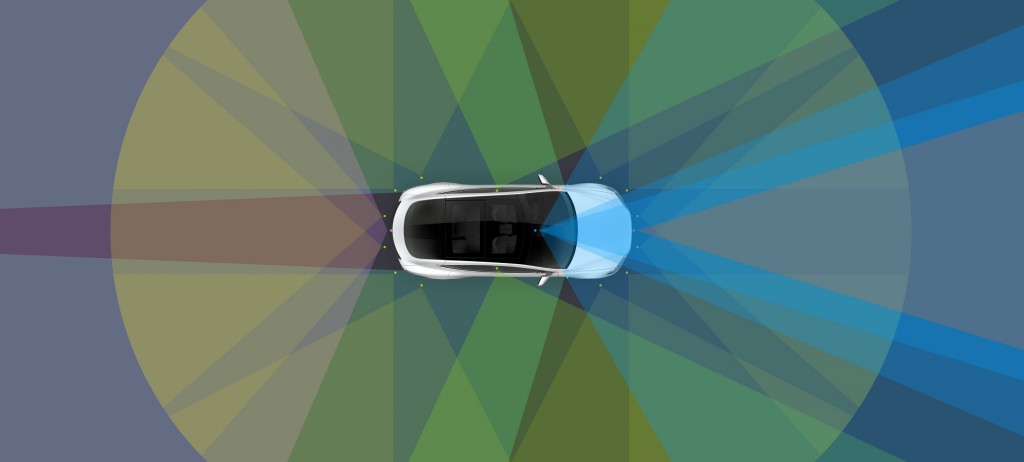Tesla keeps a wide range of sensor data from its cars for up to a year, according to a new report from the Dutch government's forensics lab.
First reported by Reuters, the Netherlands Forensic Institute (NFI) said Thursday said it had decrypted Tesla's data-storage system, discovering the extent of the data Tesla collects from its cars. Tesla was the first automaker able to remotely access crash data for its vehicles—which was certainly not without controversy when announced.
The NFI said Tesla electric cars store data about the operation of the Autopilot driver assistance system. Depending on how the vehicle is used, information about speed, accelerator pedal position, and brake use can be stored as well, according to the NFI, adding that this information can be stored for up to a year.
![Tesla Model 3 dashboard in Autopilot testing with IIHS [CREDIT: IIHS] Tesla Model 3 dashboard in Autopilot testing with IIHS [CREDIT: IIHS]](https://images.hgmsites.net/lrg/tesla-model-s-dashboard-in-autopilot-testing-with-iihs-credit-iihs_100665437_l.jpg)
Tesla Model 3 dashboard in Autopilot testing with IIHS [CREDIT: IIHS]
Tesla provides Autopilot data to authorities for crash investigations. But the NFI decided to comb through vehicles data logs independently, pulling data from Model S, Model X, Model 3, and Model Y vehicles, Reuters reported.
Investigators found that, while it did comply with data requests from Dutch authorities, Tesla was only providing some fields of the data and leaving out information that could have proven useful in crash investigations.
"Tesla however only supplies a specific subset of signals, only the ones requested, for a specific timeframe, whereas the log files contain all the recorded signals," the NFI report said.

Tesla Enhanced Autopilot
The findings come as Tesla seeks to use vehicle data to grade drivers' behavior.
Tesla has introduced a data-informed insurance product in California and Texas, but only the Texas version allows it to be fully Autopilot-informed as the automaker originally suggested.
According to Tesla, it now has 150,000 drivers using its new "safety score" system, required to become a Full Self-Driving beta tester. Last month the chief of the National Transportation Safety Board (NTSB) called the Full Self-Driving label "misleading and irresponsible" as the company ramped up its city-driving testing.












